President Volodymyr Zelensky’s administration has a list maintained by the National Anti-Corruption Agency of Ukraine (NACP), called the “international war sponsors” list, targeting foreign companies that are still doing business in Russia despite pressure to withdraw from this lucrative market.
When it comes to foreign policy, naming and shaming can be a powerful tactic. Since Russia launched its military campaign in Ukraine, authorities in Kiev have made extensive use of it to pressure anyone they see as aiding the Kremlin in the war in Ukraine.
From multinational companies and CEOs to government officials, lawmakers, party leaders and heads of state, Ukraine has targeted its relentless censorship. But the rebuke strategy, which combines diplomacy , public relations and social media techniques, has at times put Western allies in a decidedly uncomfortable position, much to their chagrin.
These simmering tensions have flared up again over Ukraine’s list of “international war sponsors,” a compendium of foreign companies that, in Kiev’s view, support the war by deciding to continue doing business in the Russian market, paying taxes to the country’s central government, and thereby contributing to the federal budget for the Russian military.
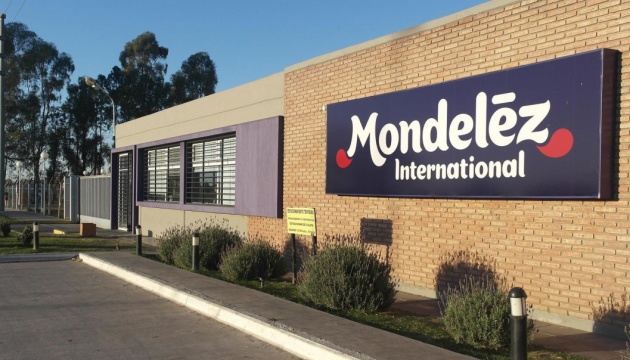
Mondelez International, an American multinational confectionery, food and beverage company, is the latest company to be listed as an “international war sponsor,” the National Anti-Corruption Service of Ukraine (NACP) announced on Facebook on May 25, 2023. Photo: Ukrinform
The companies and their top executives were accused of providing goods and services vital to sustaining military campaigns and thereby funding terrorism – an explosive indictment that would make any business break out in a cold sweat.
Make your allies "ruffled"
Since it was first published last summer, the list has grown in size and now includes 102 individuals and 26 companies, 17 of which have links to the European Union (EU).
One of them, OTP Bank, Hungary’s largest commercial bank, was added to the “blacklist” earlier this month, sparking a furious reaction from Budapest. Hungarian Foreign Minister Péter Szijjártó called it “unacceptable” and “shameful,” and demanded that Ukraine immediately withdraw it.
OTP Bank, which serves more than 2.4 million customers in Russia, is accused of recognizing the self-proclaimed Donetsk and Luhansk People’s Republics (DPR) in Donbass and providing “favorable credit terms” to Russian armed forces. The allegations have been denied by the Hungarian company.
“OTP Group complies with all international sanctions and local laws in all its markets, including Russia,” a company spokesperson said in a statement, noting that the bank’s market share in Russia is 0.17%. “We consider the inclusion on the list to be unjustified.”
Meanwhile, the NACP said that OTP is among the 50 largest banks in Russia, providing services to more than 2.2 million customers and having offices in 1,850 densely populated localities.
The row escalated further when the Hungarian government , in retaliation for OTP being blacklisted, used its veto power to block a new tranche of €500 million in EU military aid to Ukraine. Budapest said it would veto the move until its bank was no longer named.
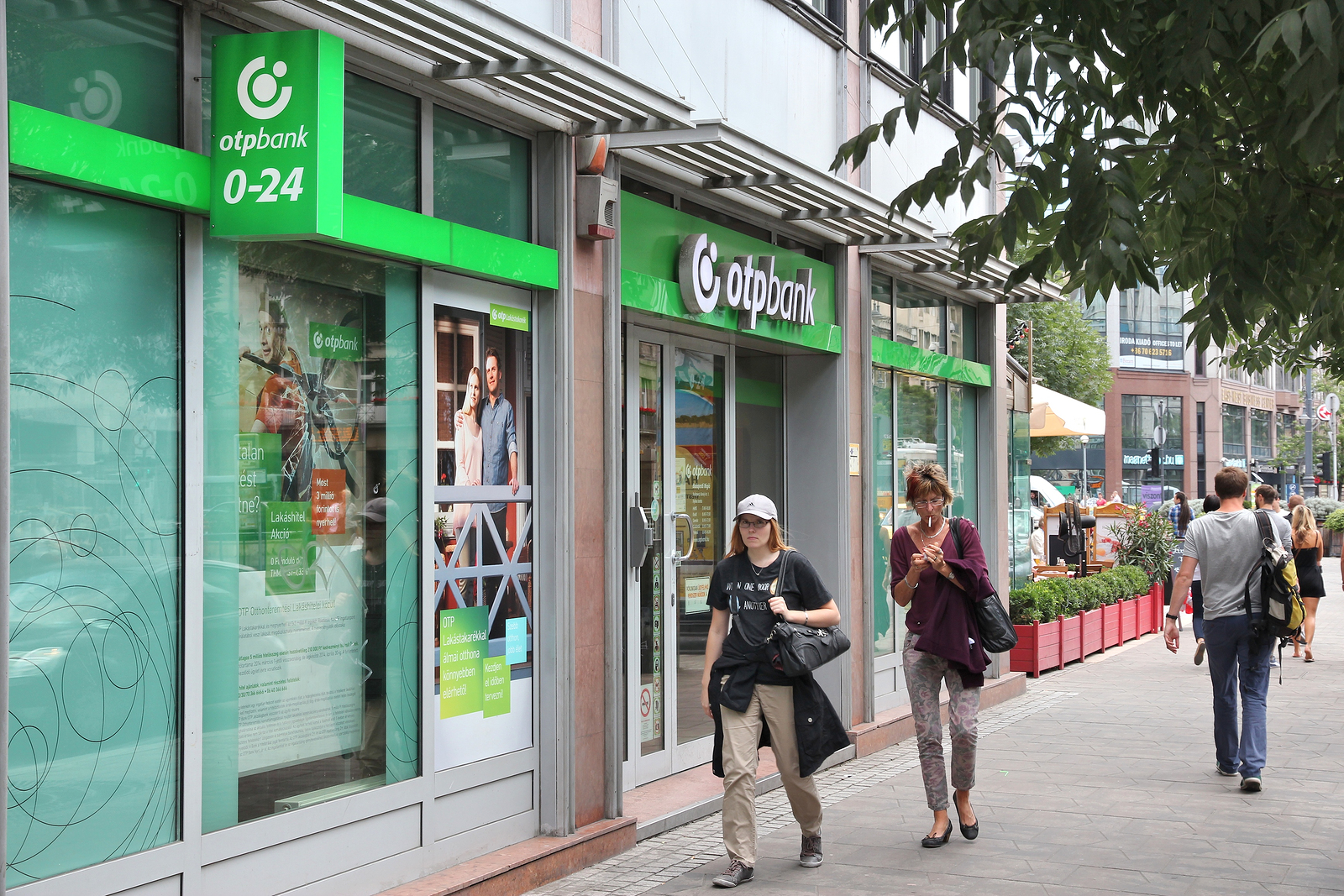
Ukraine's blacklisting of OTP Bank, Hungary's largest commercial bank, on May 4, 2023, provoked a strong reaction from Budapest. Photo: Emerging Europe
OTP’s inclusion on Ukraine’s “blacklist” has Hungarian Prime Minister Viktor Orban concerned. Speaking at an event in the Qatari capital Doha earlier this week, the populist leader said that if Ukraine needed more money, Kiev should respect Hungary and not sanction Hungarian companies. He added that Budapest “is not part of the mainstream European approach.”
The row has forced EU foreign policy chief Josep Borrell to mediate and reach out to his Ukrainian counterparts in an effort to calm Hungary's anger and find a compromise.
The EU neither endorsed nor disputed the list and did not provide any input to the Kiev authorities.
“We must do everything possible to get the next military assistance package for Ukraine approved. If a member state has difficulties, let’s discuss it,” Borrell said.
Difficult to draw convincing boundaries
What is perhaps most notable about Ukraine’s “international war sponsors” list is that it has absolutely no legal force. Being on the list does not result in asset freezes, travel bans, trade restrictions, or any of the other consequences that sanctions do.
The list, managed by the National Anti-Corruption Agency of Ukraine (NACP), is essentially a name-and-shame campaign designed to exert pressure and cause a level of reputational damage deep enough to cause a foreign company to sever all ties with Russia.
But the selection offered by the NACP appears to be extremely narrow, with just 26 companies – compared to the broader reality: According to a Yale University study, hundreds of companies are maintaining commercial operations in Russia despite international condemnation.
Yale found that 229 companies, including well-known brands such as Italy's Benetton and France's Lacoste, were still "business as usual" in Russia, while 175 others, such as Germany's Bayer and the Dutch bank ING, were "playing for time," meaning they had paused new investment projects but were still conducting day-to-day transactions.
Ukraine's list was compiled manually based on the logic that doing business in Russia means contributing to the federal budget and thus funding the war. This has led to the fact that dozens or possibly hundreds of companies are still serving Russian customers without being targeted by Kiev.
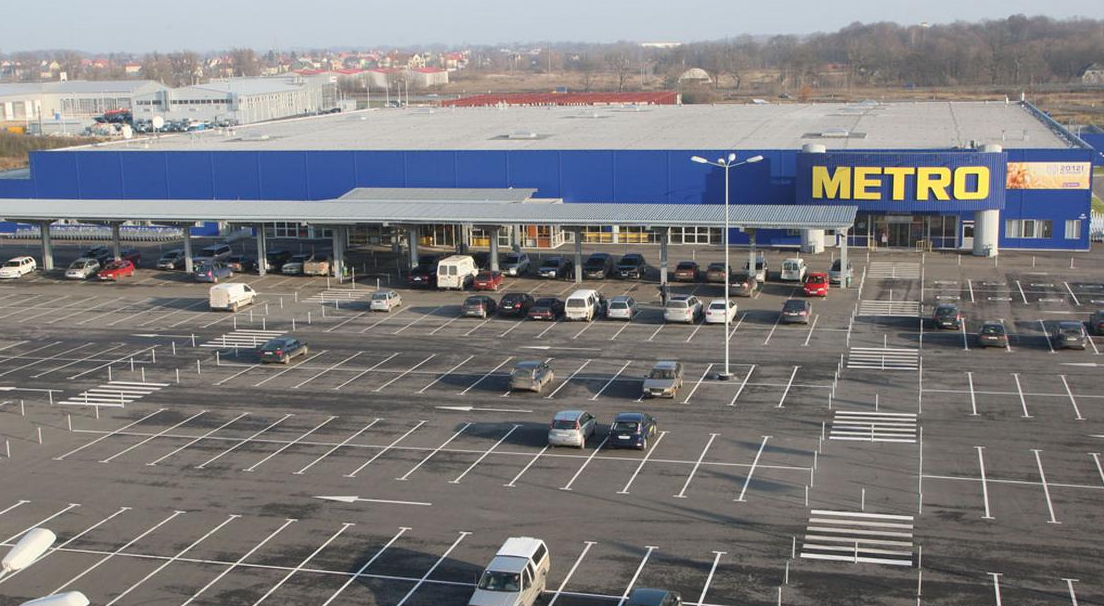
With the second largest commercial goods chain in Russia, operating 93 shopping centers in 51 regions, Germany's Metro Group is accused of maintaining business with Russia, and was put on the list of "international war sponsors" by the NACP in March 2023. Photo: DW
“There are no formal selection criteria,” a NACP spokesperson told Euronews. However, the spokesperson explained, the company is not linked to the Russians, operates on a large scale, has a well-known brand, is present in many different jurisdictions, and most importantly, is considered to be supporting the war in an indirect way.
“By paying taxes, providing vital goods or materials, participating in propaganda or advocacy campaigns, the company indirectly contributes to and sustains Russia’s ability to wage war,” the spokesman said.
This indirect connection is the most complicated factor behind the aforementioned “blacklist”: Due to corporate secrecy and lack of information transparency, it is difficult to draw a convincing line between business and war financing.
The list’s official website only provides brief explanations for each name listed, followed by a number of media reports describing the company’s alleged wrongdoing. In some cases, the Russian connection is not explicitly stated by the NACP and is only understood if the reader looks at the media reports .
Minh Duc (According to Euronews, Al Jazeera)
Source


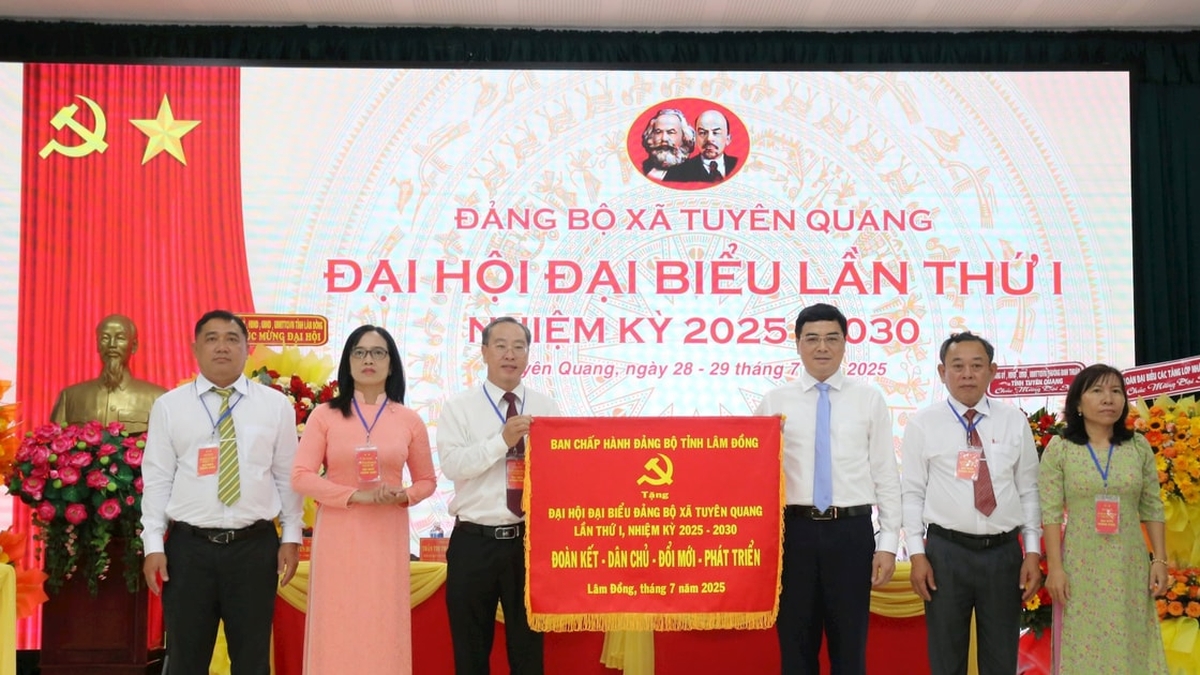
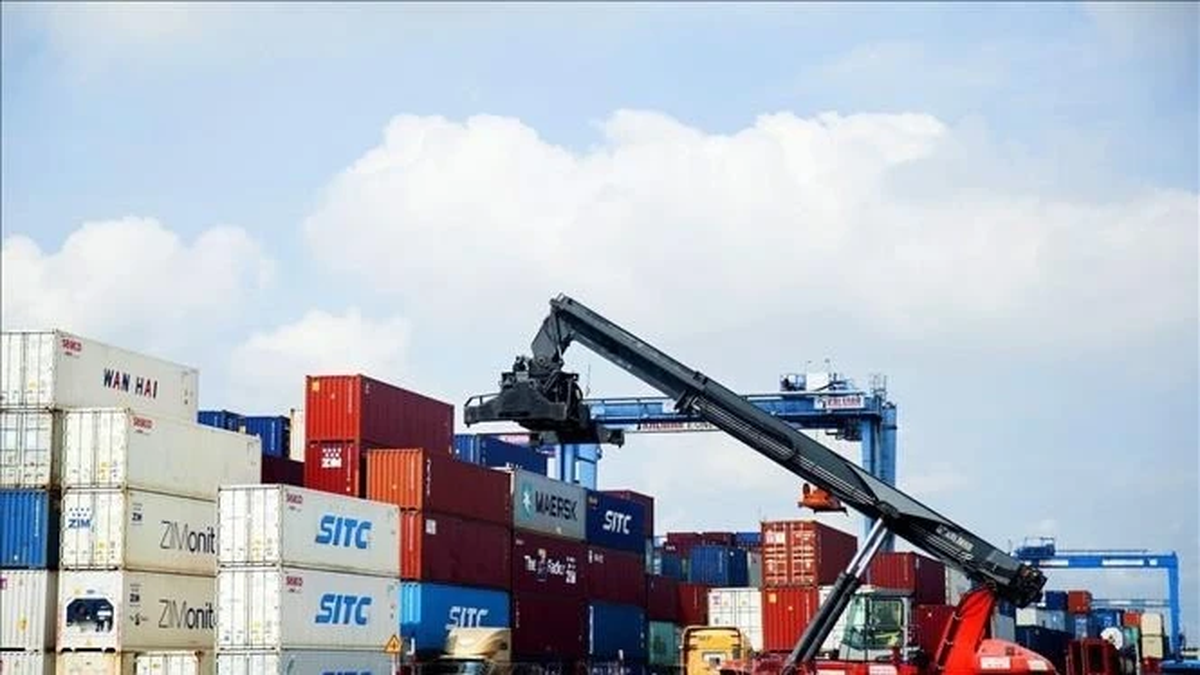
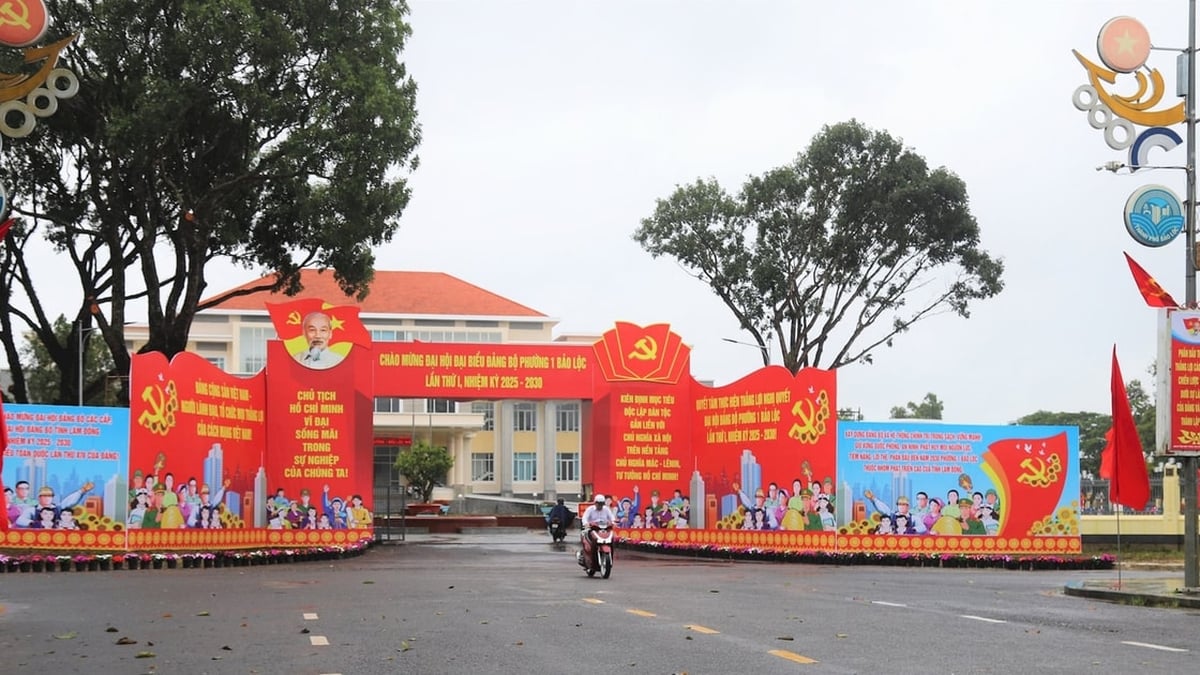
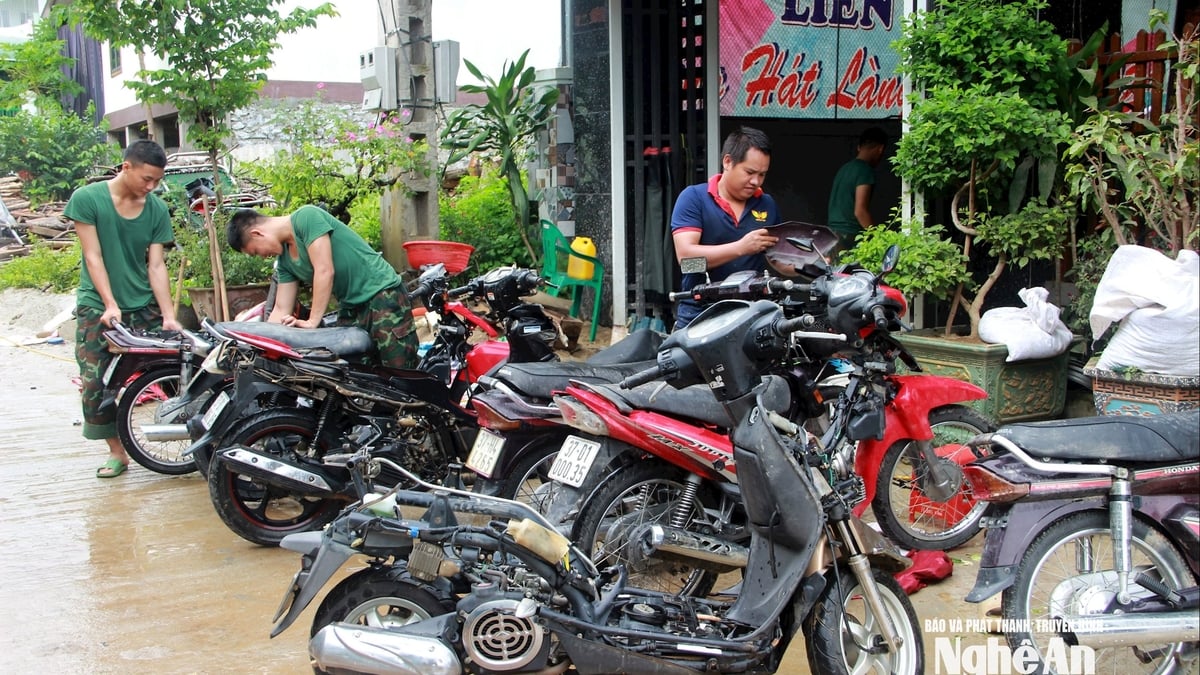
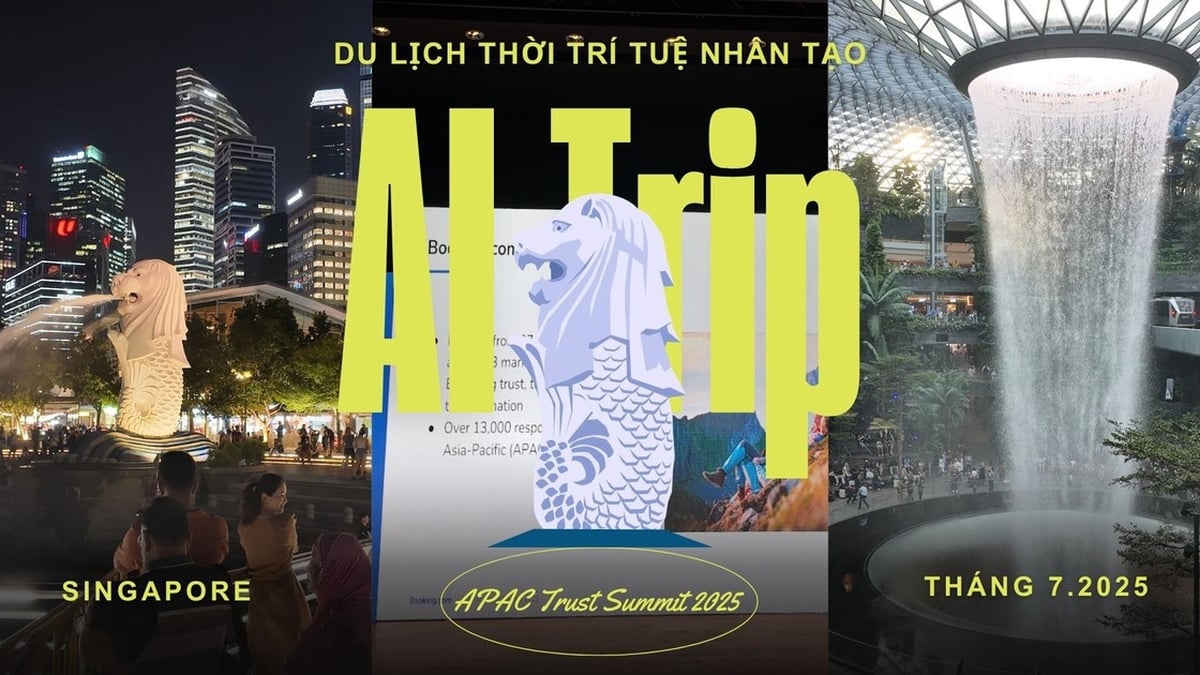
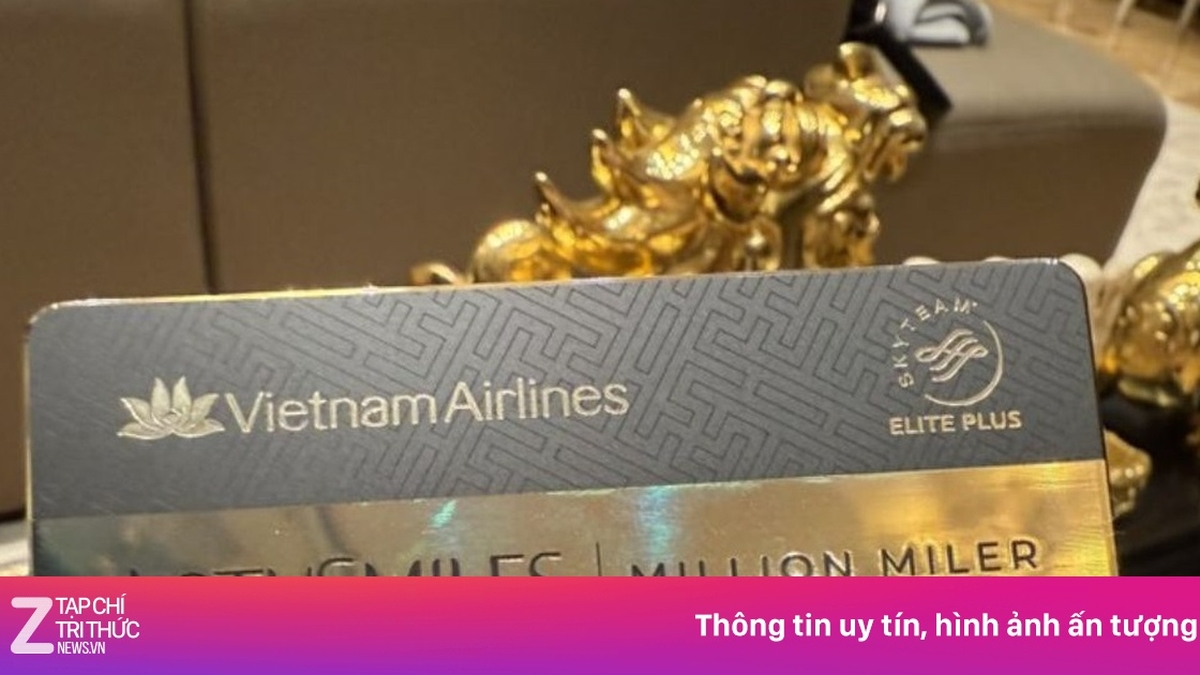
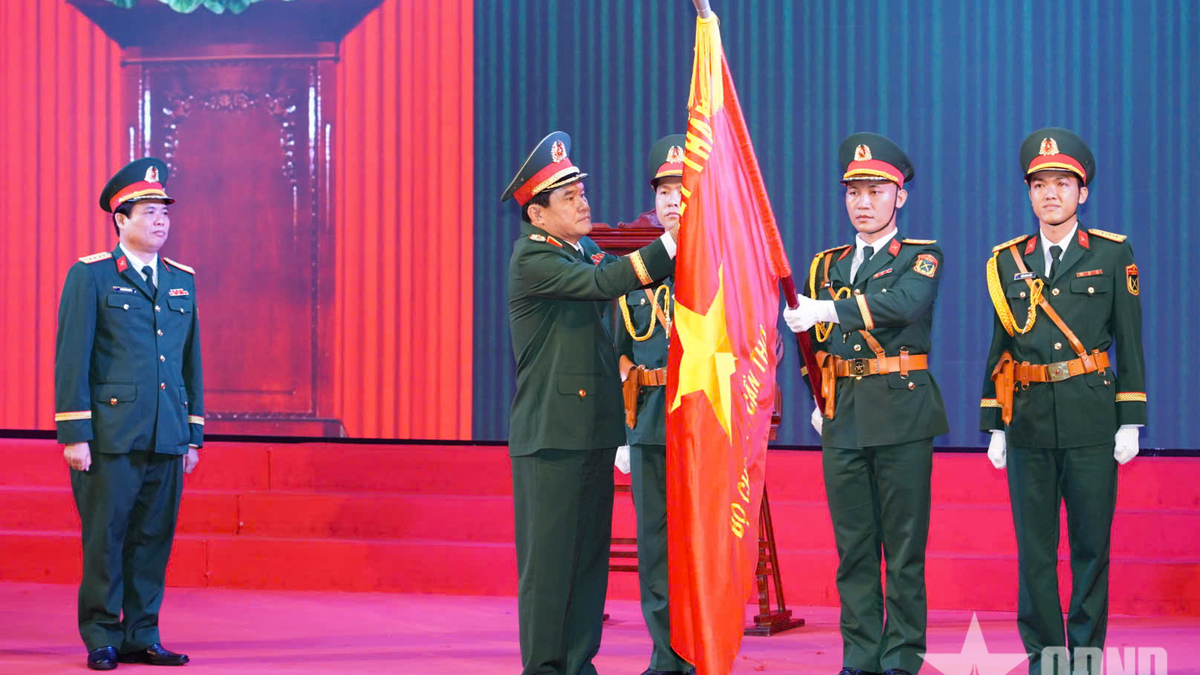
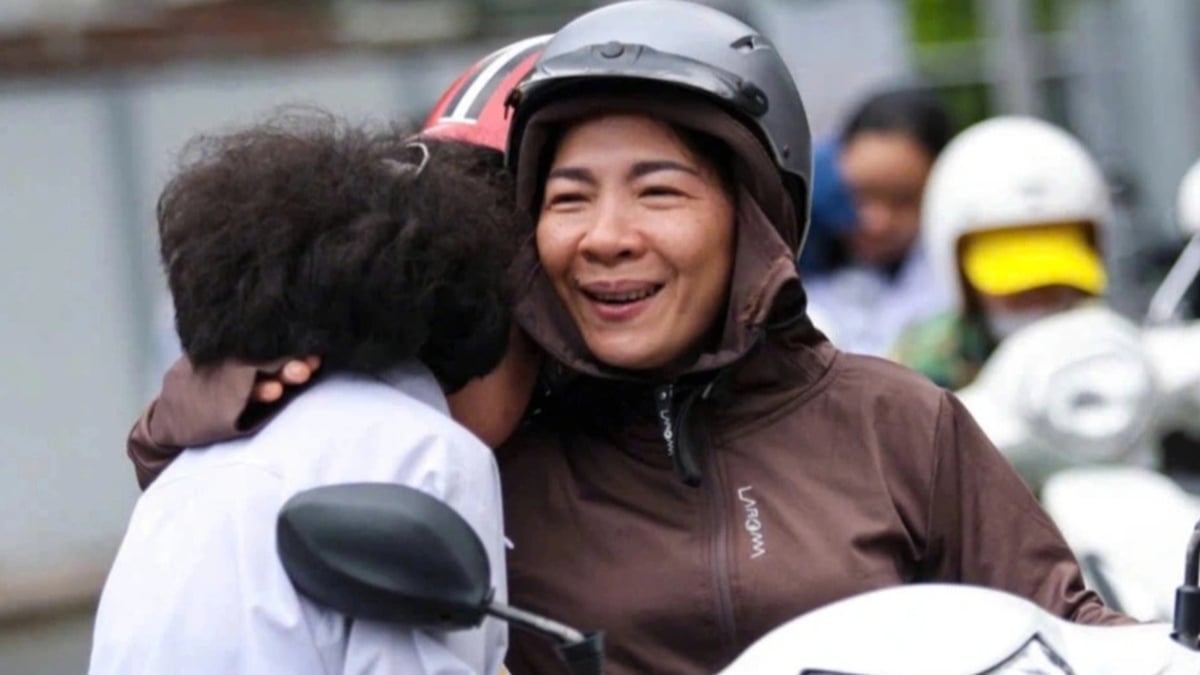
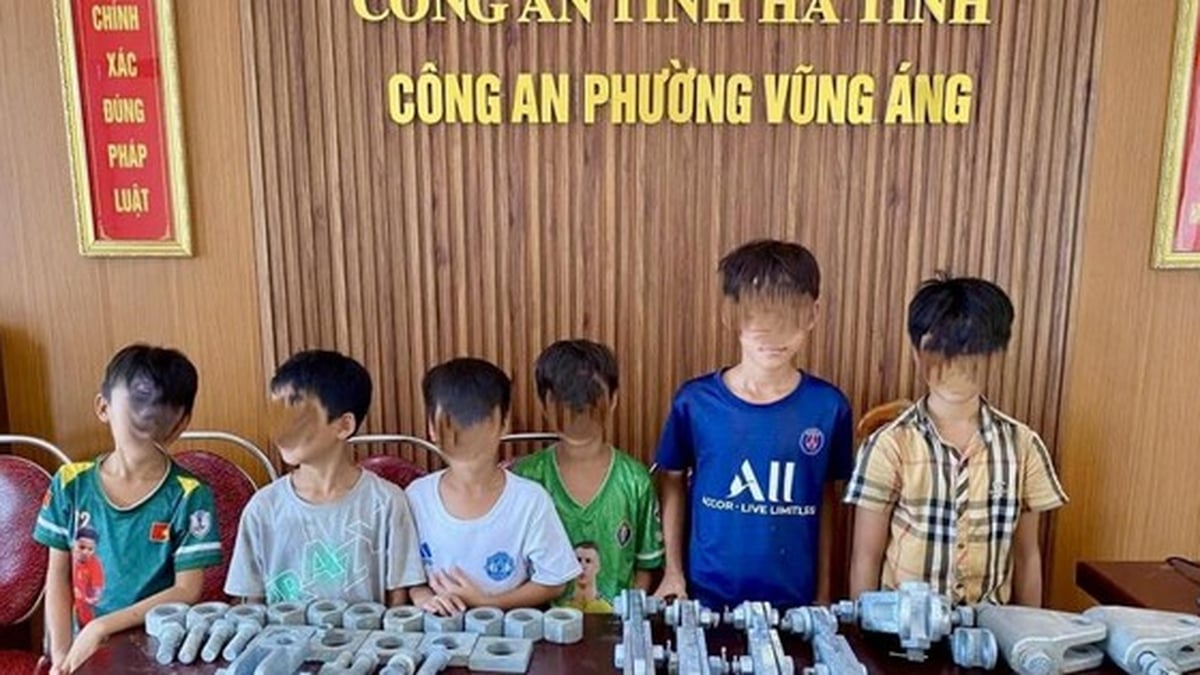
















![[Photo] National Assembly Chairman attends the seminar "Building and operating an international financial center and recommendations for Vietnam"](https://vphoto.vietnam.vn/thumb/1200x675/vietnam/resource/IMAGE/2025/7/28/76393436936e457db31ec84433289f72)




















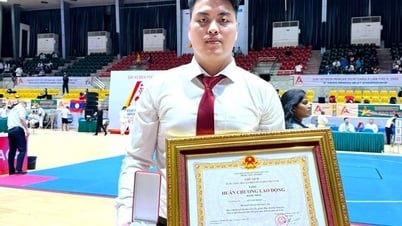








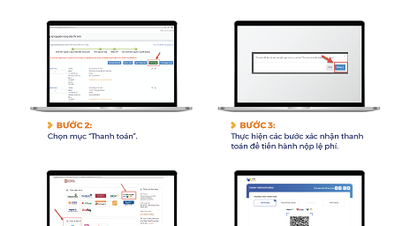

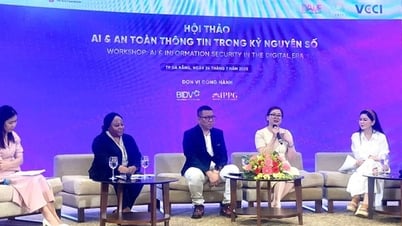

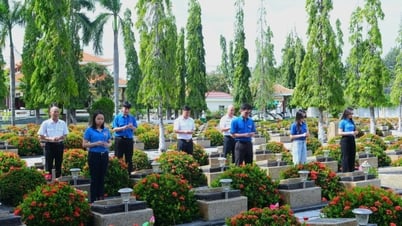
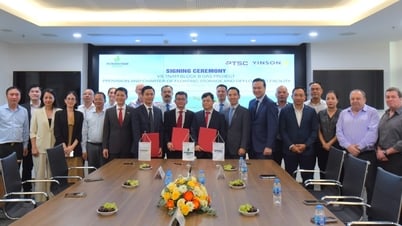
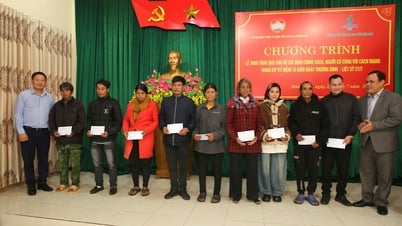
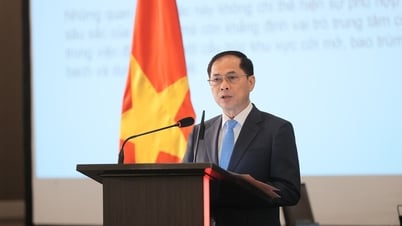
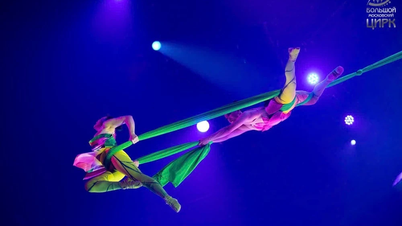

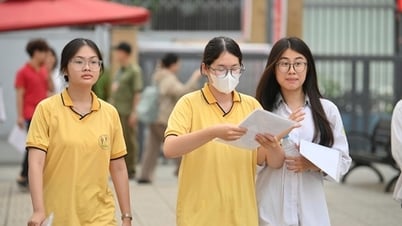

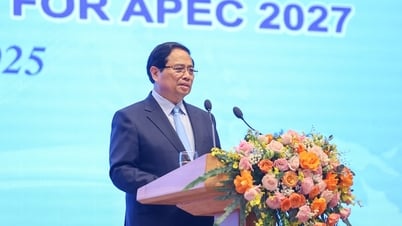
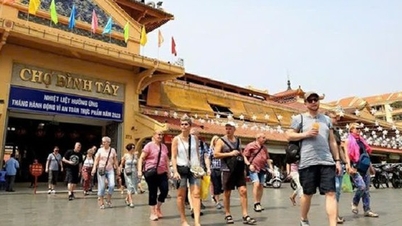

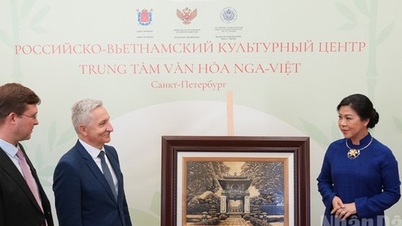
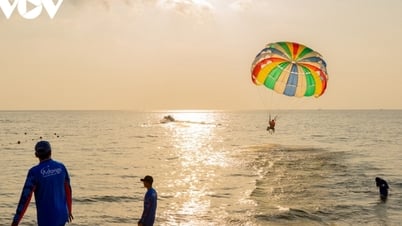
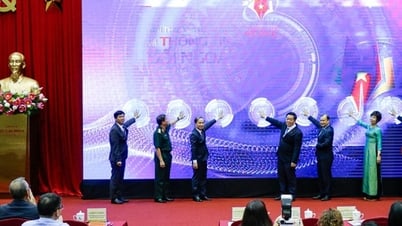
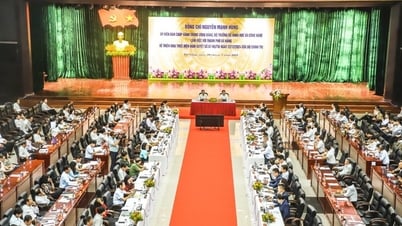

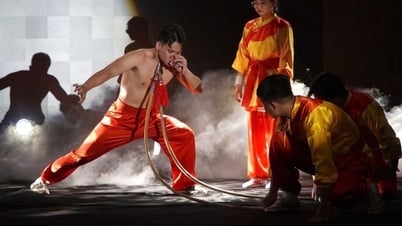


















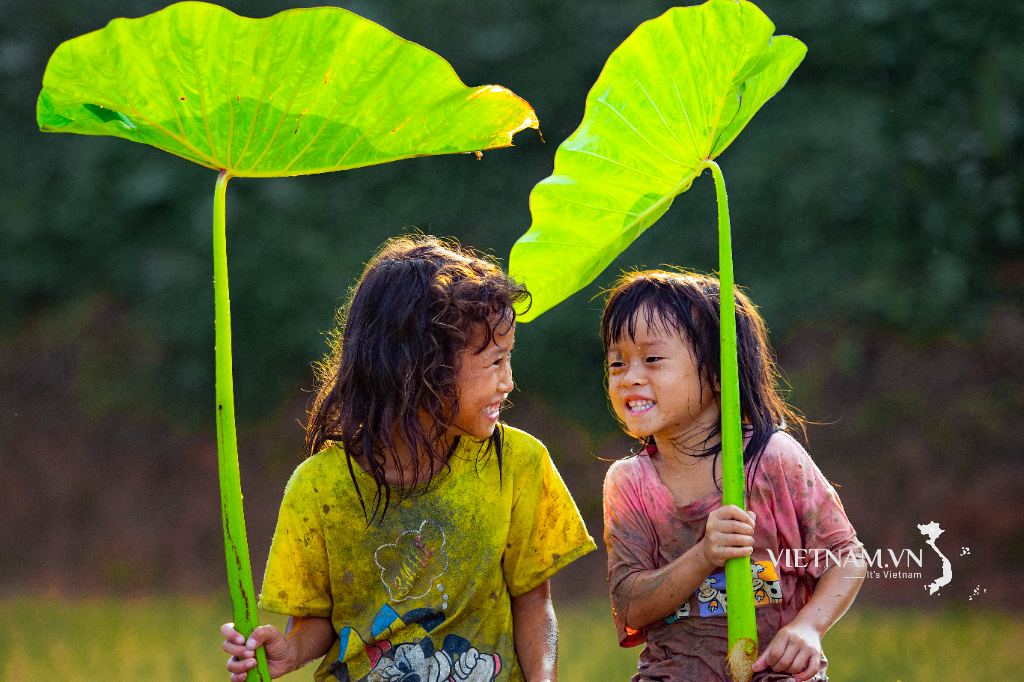



Comment (0)